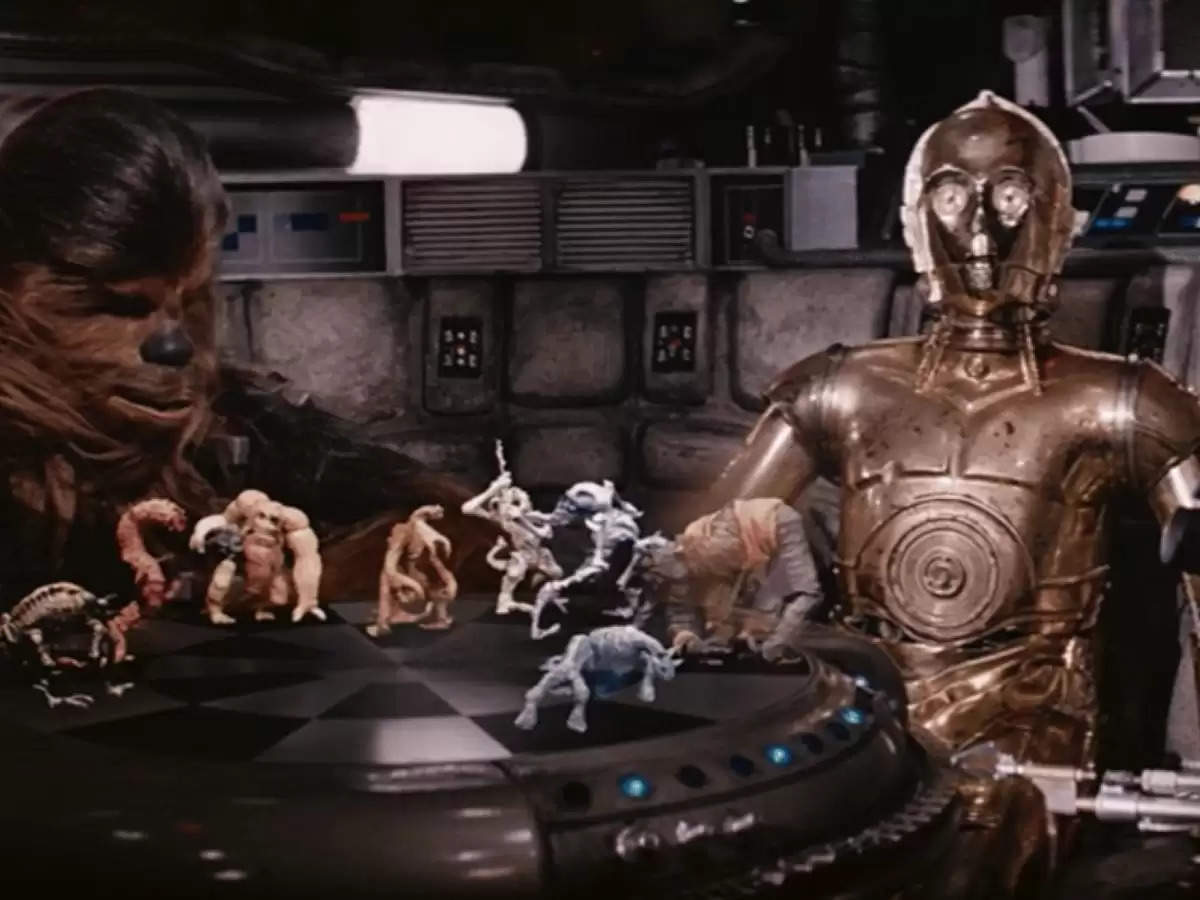Video game movies: How games influenced Hollywood's presence, the threat of feature films

Times of discover News: Video games are interactive digital entertainment experiences in which players use electronic devices to control characters, objects, or environments in a virtual world. These games are played on a variety of platforms such as consoles, mobile devices, and virtual reality (VR) systems.
In casinos, video games are called casino games or games of skill; they have evolved in recent years to attract a younger, tech-savvy demographic. Video game movies are films based on or inspired by popular video games. In an attempt to capture the essence of the game experience in a cinematic format, these films often set video game characters, stories, or scenarios on the big screen.
The video game realm has influenced Hollywood in various ways, leading to a change in the film industry's approach to storytelling, production, and marketing. This looks as follows:
Games provided non-linear, interactive narratives that began to influence the stories crafted by Hollywood. Films explore the interactive, find-your-own-adventure genre, mimicking the dynamics of video games. Video games create vast universes that engage players deeply. Hollywood films, particularly in genres such as science fiction, fantasy, and superhero films, create complex and intense worlds that resemble video games.
Emerging or advanced gaming technologies such as motion capture and real-time rendering are now widely used in Hollywood. Some films, such as Avatar, rely heavily on motion capture technology, which has become standard in both industries. Video game engines such as the Unreal Engine are now being used in filmmaking.
Hollywood has adapted many popular video games into films with mixed success. Recent adaptations such as Sonic the Hedgehog and The Last of Us have been praised for their respect for the source material, reflecting the evolution of storytelling in video games as well as the growing collaboration between the gaming and film industries; games such as The Last of Us and Uncharted offer cinematic experiences that make them attractive to adapt into feature films or TV series.
Many blockbuster films now have video game tie-ins or expansions. For example, the Star Wars franchise has worked with games like Battlefront and Jedi: Fallen Order to tie in with film storylines and boost cross-promotional efforts. Gaming’s influence extends to film marketing as well. Films have used popular streamers and eSports celebrities to promote launches, understanding that the younger demographic is consuming gaming content at a massive scale. Hollywood actors, directors, and writers are increasingly getting involved in game projects, and vice versa. Actors like Keanu Reeves (in Cyberpunk 2077) and Norman Reedus (in Death Stranding) are examples of Hollywood stars who have become an integral part of video games. Directors like Guillermo del Toro have also contributed to video game projects. Gaming culture has helped reshape audience expectations towards film and TV. Audiences expect more interactivity and immersion, which impacts everything from plot structure to fan community building and engagement strategies. In conclusion, the influence of video games in Hollywood is undeniable and will only increase. As game narratives have become more sophisticated and entertaining, filmmakers have begun to draw inspiration from games. This cross-pollination reshapes storytelling, visual effects, and even the way audiences engage with content. As the lines between film and video games continue to blur, the future of entertainment appears to be one of collaboration, where both mediums will continue to evolve, enriching each other and offering new, exciting possibilities for creators and audiences.

